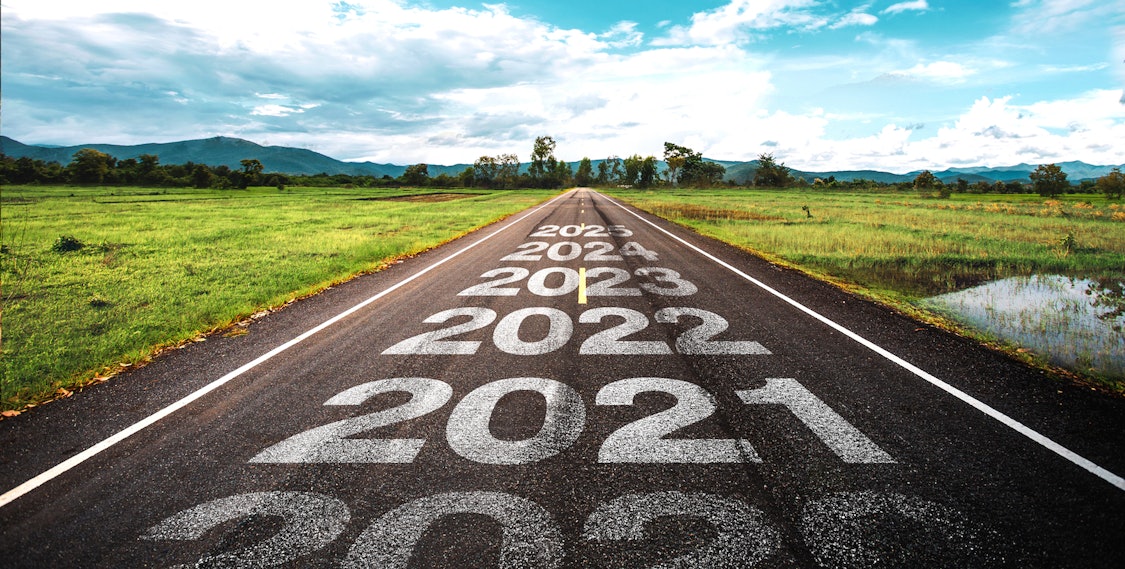
Writing under the handle “Bronxiniowa,” Ira Lacher, who actually hails from the Bronx, New York, is a longtime journalism, marketing, and public relations professional.
Was going through our bookshelves recently in another of our futile efforts at de-cluttering when I came upon a volume I hadn’t thought about for years: Future Shock by Alvin Toffler and his wife, Heidi (who was uncredited).
This best-selling treastise by the former editor and consultant postulated that rapidly accelerating change in nearly every life aspect—economic, industrial, scientific, and especially technology—was bound to cripple societies if they didn’t recognize the onslaught and create coping strategies.
Published in 1970, the book correctly predicted present-day givens such as personal computers and the internet, and correctly postulated that an accelerated news cycle would create instant celebrities and bury them, even within days. (It also predicted throwaway paper clothing and underwater cities, but nobody’s perfect.)
But what struck me on a recent weekend excursion to see our son and daughter and their spouses in Chicago was how chillingly the book’s central warning may be coming true: If we don’t recognize how we, as a society, deal with change’s seemingly geometric increase, we may be on the way to a massive collective nervous breakdown.
It may seem ancient history now, but in 1970—more than a half century ago—America was a society functioning largely on cash and requiring only a high school diploma to have a good-paying job, maybe in a factory or auto plant, that paid for a family’s comfortable living. Three television networks controlled what Americans saw and heard about world events, and a horde of local newspapers informed them what was going on within their communities. Rural America was all about the local agrarian, mostly family-farm economy.
The Tofflers posited a “post-industrial society” and later a “super-industrial society,” driven overwhelmingly by providing services instead of making things. We have surpassed that prediction, and on a scale they didn’t—and couldn’t—envision. Further, the massive expansion of credit has cheapened money’s value and accelerated prices. The en masse outsourcing of manufacturing jobs to low-paying countries has fattened corporate profits and shareholder value but also annihilated jobs and the communities depending on them. This has exploded the lifestyle dichotomy resulting from those holding college-attained good-paying jobs and those not.
Finally, the Tofflers may have imagined technology empowering us to interact with folks thousands of miles away. But they didn’t foresee that this could also make us doubt what we see and hear online.
This is not to impel us to believe we are in “garbage time,” when a loss is assured that we just run out the string. We must not despair: Despair kills. Nor can we simply murmur that, like the weather, we just have to wait for things to change: A society that reacts thusly cannot fulfill the needs of all its inhabitants, much less lead the world, almost universally perceived as America’s global leadership role.
In the coming weeks, I plan to explore this situation at length. I’ll look at the aspects of our society that brought us to where we are and examine whether the resulting fears are justified or overblown. I’ll relate opinions on where we are headed, what kind of society our children can expect to inherit, and what actions we can take to accelerate change for the better, and forestall or even prevent change for the worse. How will we need to alter our politics, our economy, our entertainment, our social systems to advance us positively into the 22nd century?
When Future Shock was published, many of us believed that for sure, we’d be traveling around the world, Jetsons-style, at supersonic airspeeds, flying to and from work, maybe even running off to a weekend on the Moon, or farther. I did. I am profoundly disappointed that despite smartphones, portable computers, and much larger and clearer TVs, 21st America strongly resembles 20th-century America. Outwardly.
Inwardly, we have been transformed. And we need to take a long, serious look at what we are becoming.
Top image is by atk work and available via Shutterstock.

2 Comments
I had to get up and peruse my bookshelf.
Was it still there? Didn’t I cull that one a few years back in a weight bearing load operation?
Yup. Gone.
But!
Toffler’s follow-up, “The Third Wave,” remains on that shelf. Totally forgot about that one. Can’t remember a damn thing he had to say in it.
Maybe I’ll peruse as you get more into your next pieces.
Or maybe not.
Reminds me (again!) I still need to take that one other book I discovered there a couple years back, and return it to the library. Is there a fine for four decades? I’m not sure I actually checked it out officially.
Fly_Fly__Fly_Away Thu 28 Mar 5:01 PM
Was Toffler able to foresee...
…any environmental problem that even approaches what we are now facing with climate change? The kind of society our children will inherit is inextricably bound up with what kind of planet they’ll inherit. Already there are millions of climate refugees, and the U.S. is not immune to what climate change is doing to other parts of the world, let alone what it is doing here.
PrairieFan Thu 28 Mar 6:45 PM